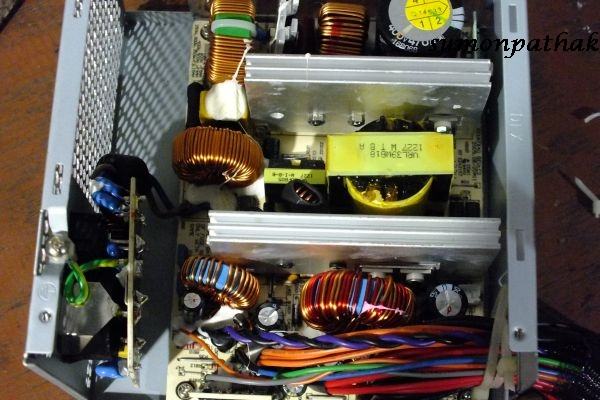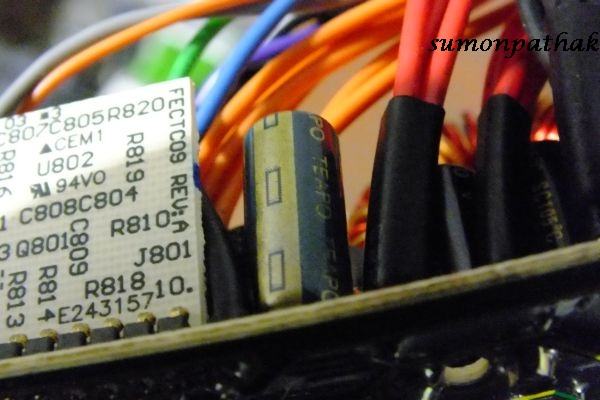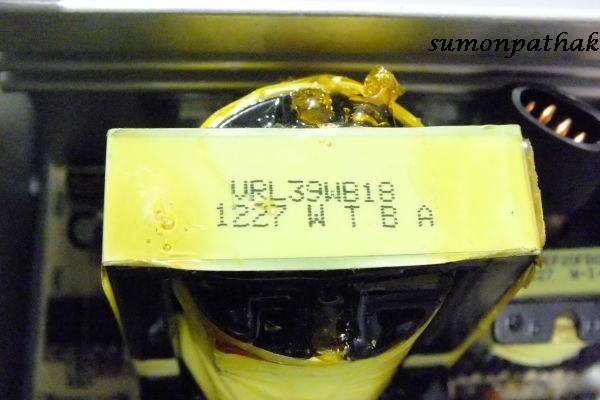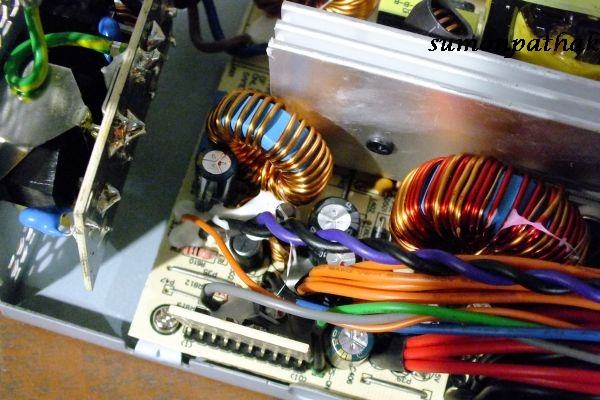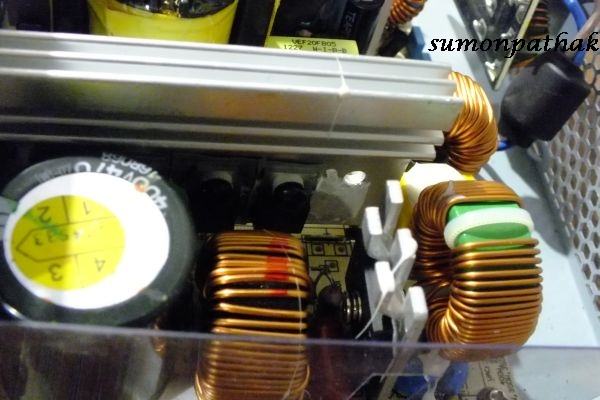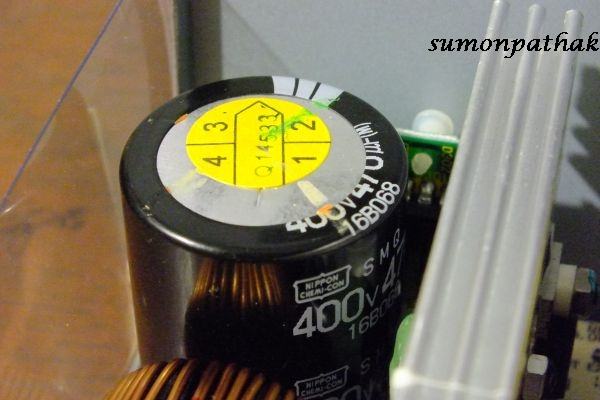Allright people..am sure by now you have seen my unboxing Seasonic Eco 600W unboxing and preview
So here goes our humble try to do a technical report on the PSU,
Seasonic Eco series is slated as a competitor to the Corsair VS or the Cooler Master thunder series(price wise)so we will be judging it like a value offering for the sub continents.
Where it stand performance wise is the topic of our technical review and in time we shall see if its good or not.
The PSU in question
Seasonic Eco 600W SS-600BT Active PFC T3
Specifications
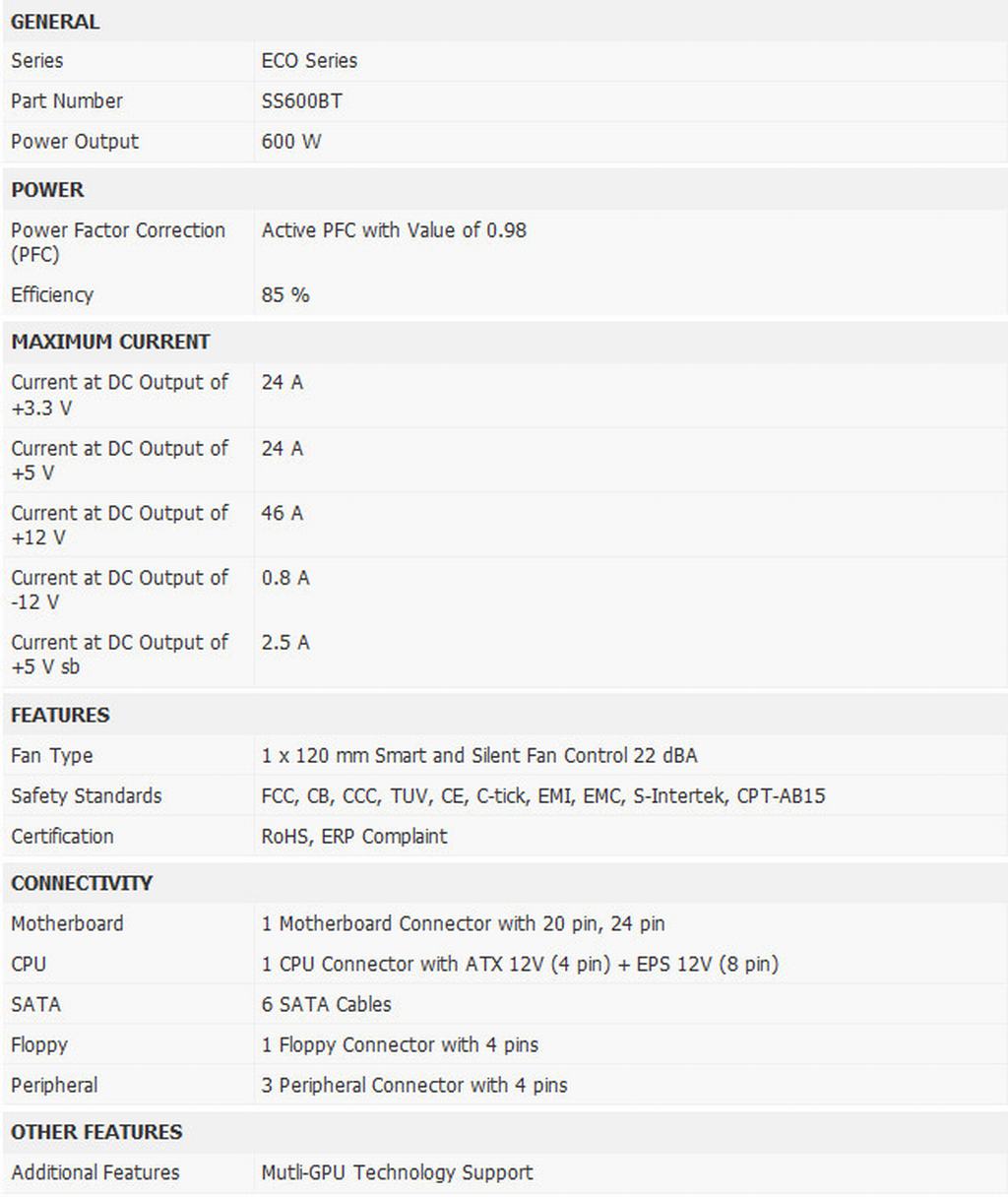
PRODUCT SHOWCASE
The box
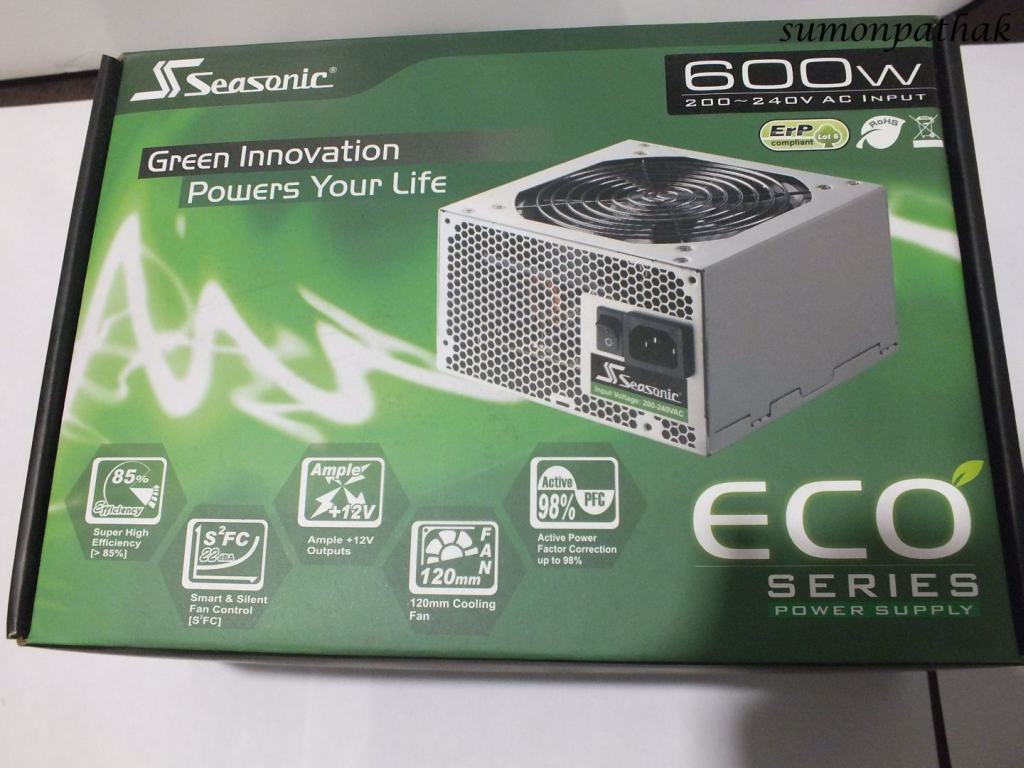
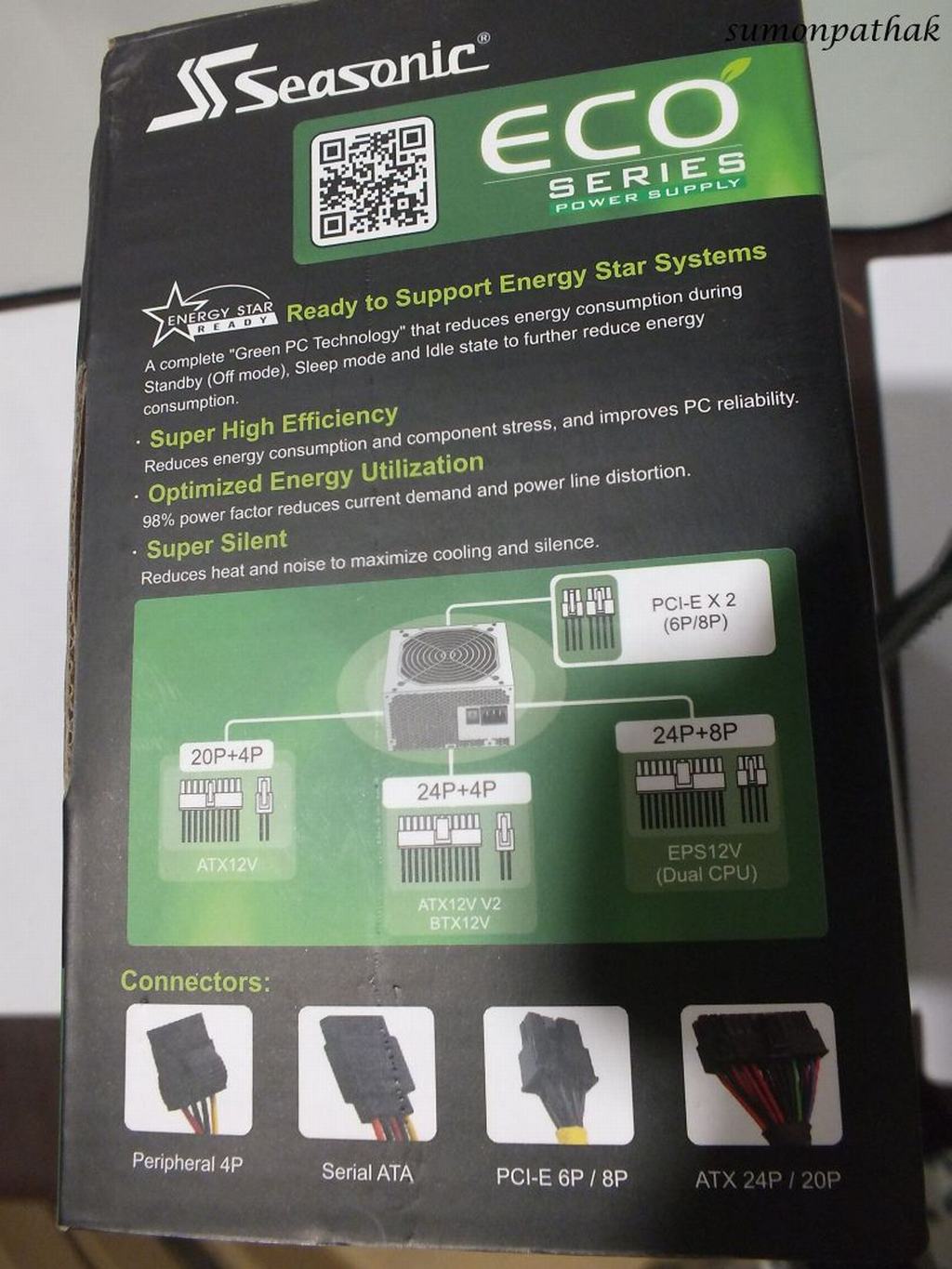
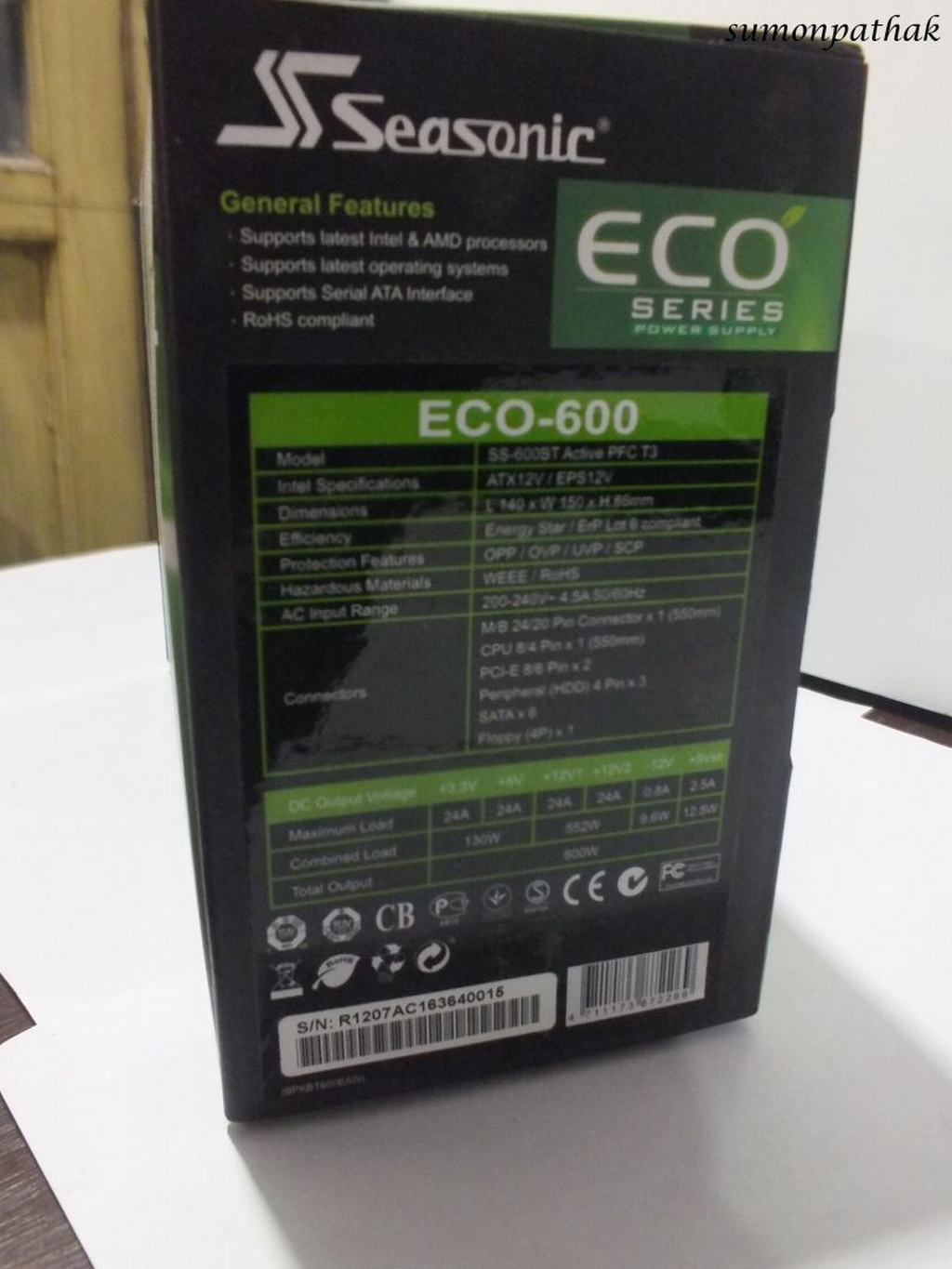
Simple box listing out all the important details in front and all around.
Box contents
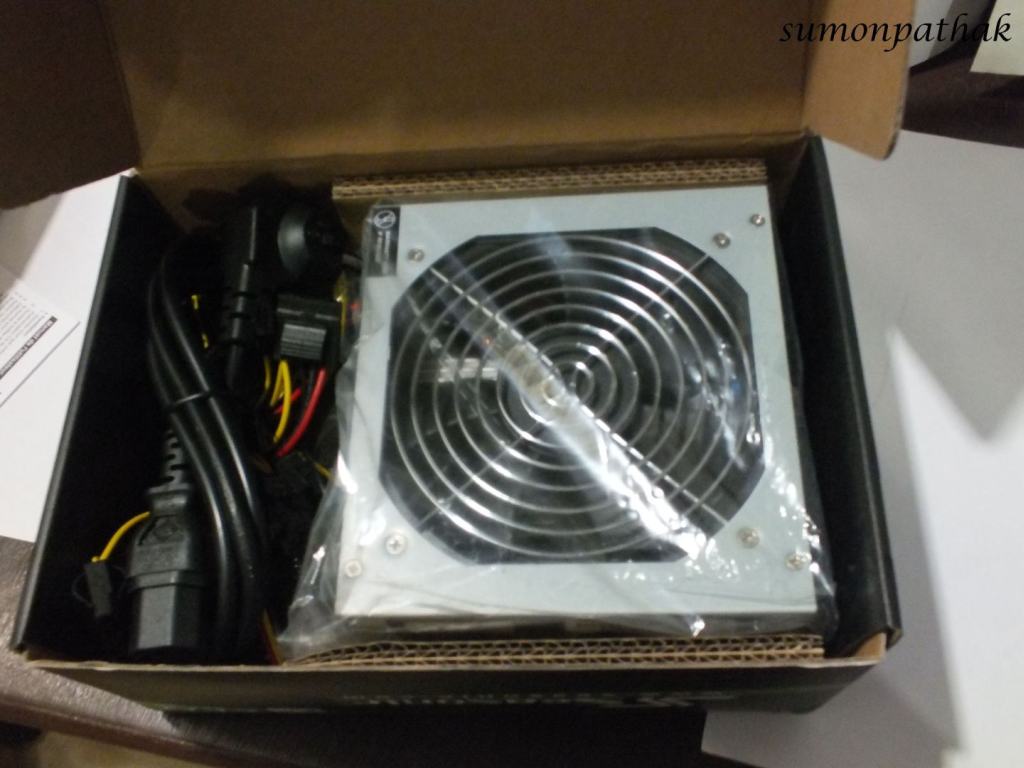
Nothing much to write...the package comes with the necessary cables and a short manual.
The PSU and cables.
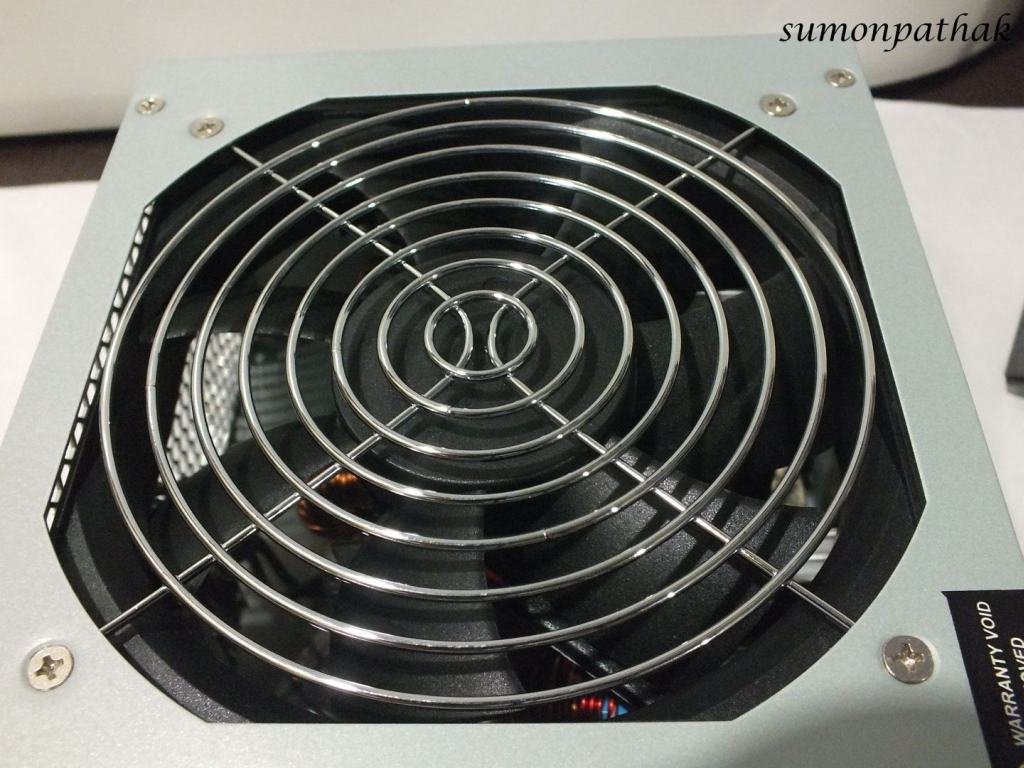
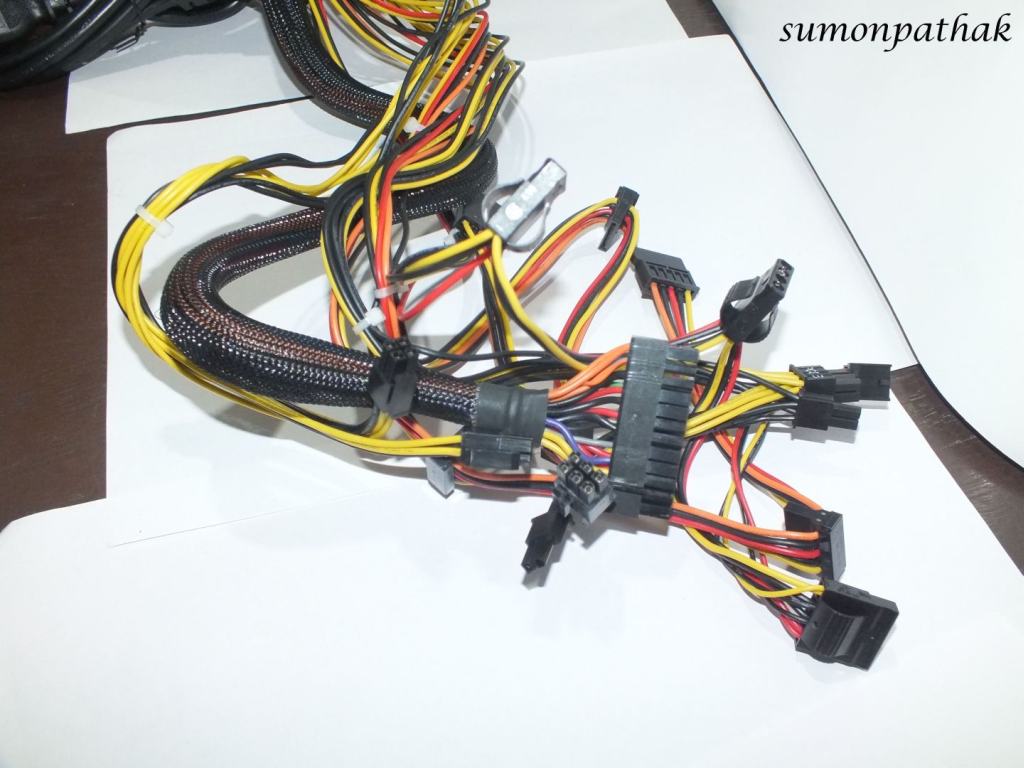
well..that wraps up my part....over to you Phaedrus !
its a WIP since my partner and i belong to diff time zones..so please bear with us...
thanks in advance
please keep the thread clean for now and post only after the rest is posted..
So here goes our humble try to do a technical report on the PSU,
Seasonic Eco series is slated as a competitor to the Corsair VS or the Cooler Master thunder series(price wise)so we will be judging it like a value offering for the sub continents.
Where it stand performance wise is the topic of our technical review and in time we shall see if its good or not.
The PSU in question
Seasonic Eco 600W SS-600BT Active PFC T3
Specifications

PRODUCT SHOWCASE
The box



Simple box listing out all the important details in front and all around.
Box contents

Nothing much to write...the package comes with the necessary cables and a short manual.
The PSU and cables.


well..that wraps up my part....over to you Phaedrus !
its a WIP since my partner and i belong to diff time zones..so please bear with us...
thanks in advance
please keep the thread clean for now and post only after the rest is posted..


